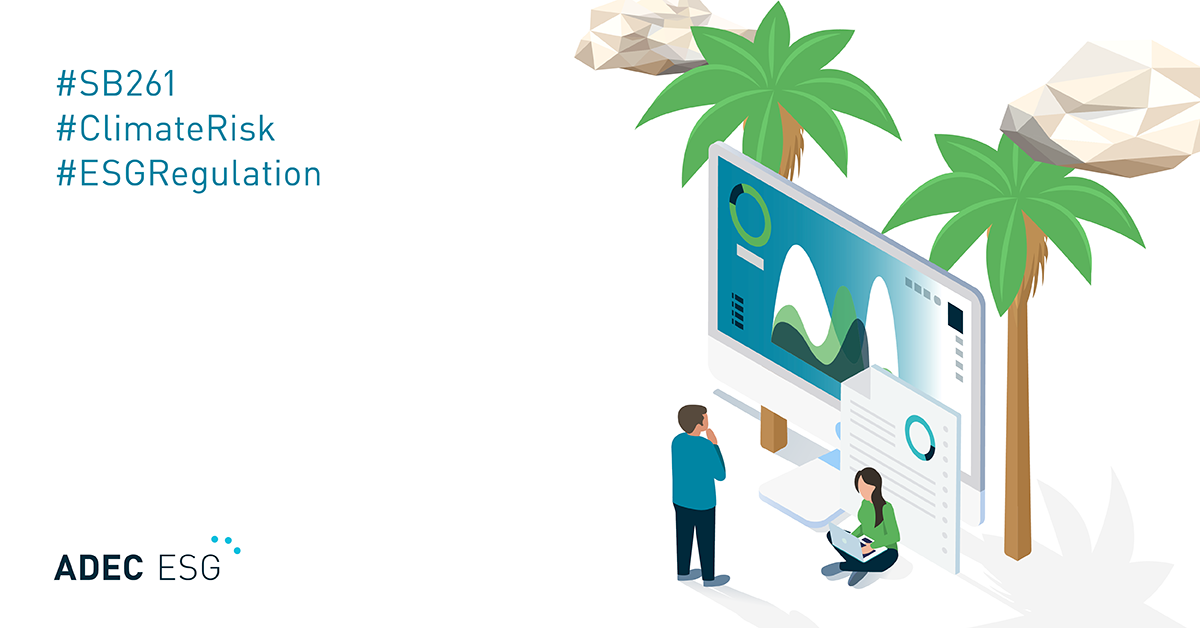Maintaining a good relationship with suppliers is important for organizations. How good is your relationship with your suppliers? Suppliers play a significant role in an organization’s supply chain. Good relationships with suppliers allow an organization to be able to streamline their processes effectively. Effective communication is needed, especially when it comes to anticipating possible negative impacts, which can affect suppliers. If an organization’s supplier encounters a problem, it might also affect business continuity.
Supplier risk management is the process of identifying, assessing and controlling threats to an organization’s capital and earnings that are caused by the organization’s supply chain.
What are the factors that should be considered in terms of supplier risk management?
Suppliers should meet regulatory requirements
There are numerous regulations to adhere to and issues to follow up on; for instance, greenhouse gases (GHGs) from food supply chains. Assessing this problem and providing a solution may help an organization alleviate GHG emissions and develop better supplier relationships while improving efficiency and reducing costs. Ensuring that suppliers meet regulatory requirements and continually monitoring them can help mitigate compliance risk.
Suppliers should update their information regularly
Establishing a process that requires and enables suppliers to update their information annually will help organizations ensure that they are working with the latest information. The ability to monitor every supplier using their information allows an organization to assess which of their suppliers have the greatest impact on their business, and potentially prevent disruptions in the flow of business operations.
Suppliers should be categorized based on risk type
It is effective to categorize suppliers by the type of risks they are prone to. An organization can track which supplier might likely be affected in terms of financial, environmental, operational and legal risks, making it easier for organizations to sort their preventive actions.
Supplier risk management can enable companies to predict dilemmas and prepare appropriate solutions for the suppliers in their supply chain. These factors should be considered before engaging in a relationship with a new supplier or renewing one with a long-time supplier. This type of risk management can drive efficiencies and reduce unnecessary expenses.
ADEC ESG Solutions advances sustainability practices around the globe, offering fully integrated industry expertise, software solutions and data management services. Our LCA and Supply Chain experts help you develop cost-effective solutions to help businesses recognize sustainability as a main driver for practices and regulations, and integrate sustainability in their daily operations. For more information on managing your supply chain, read this ADEC blog article.




